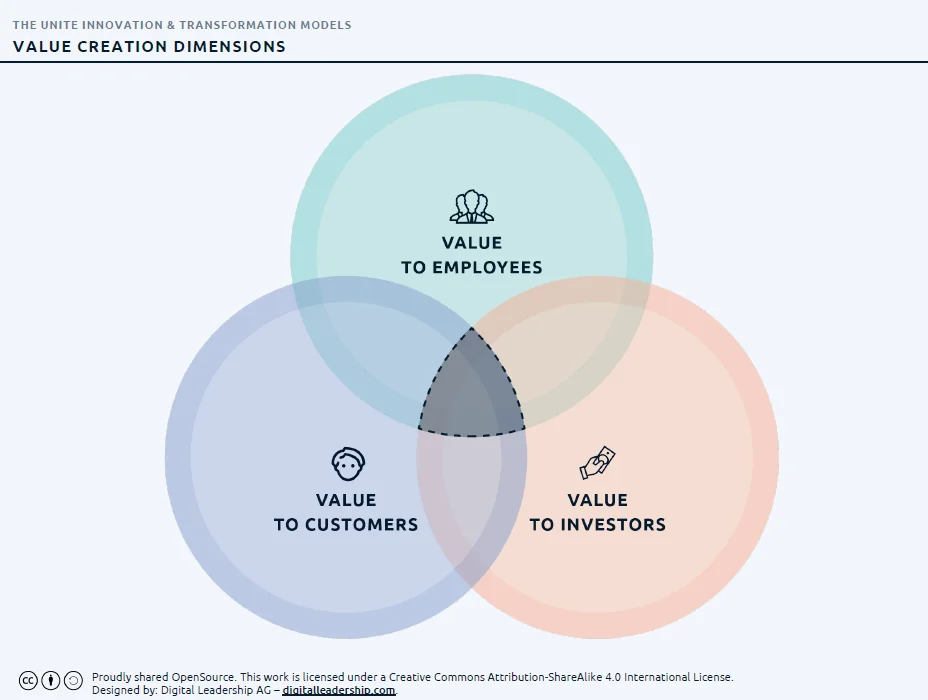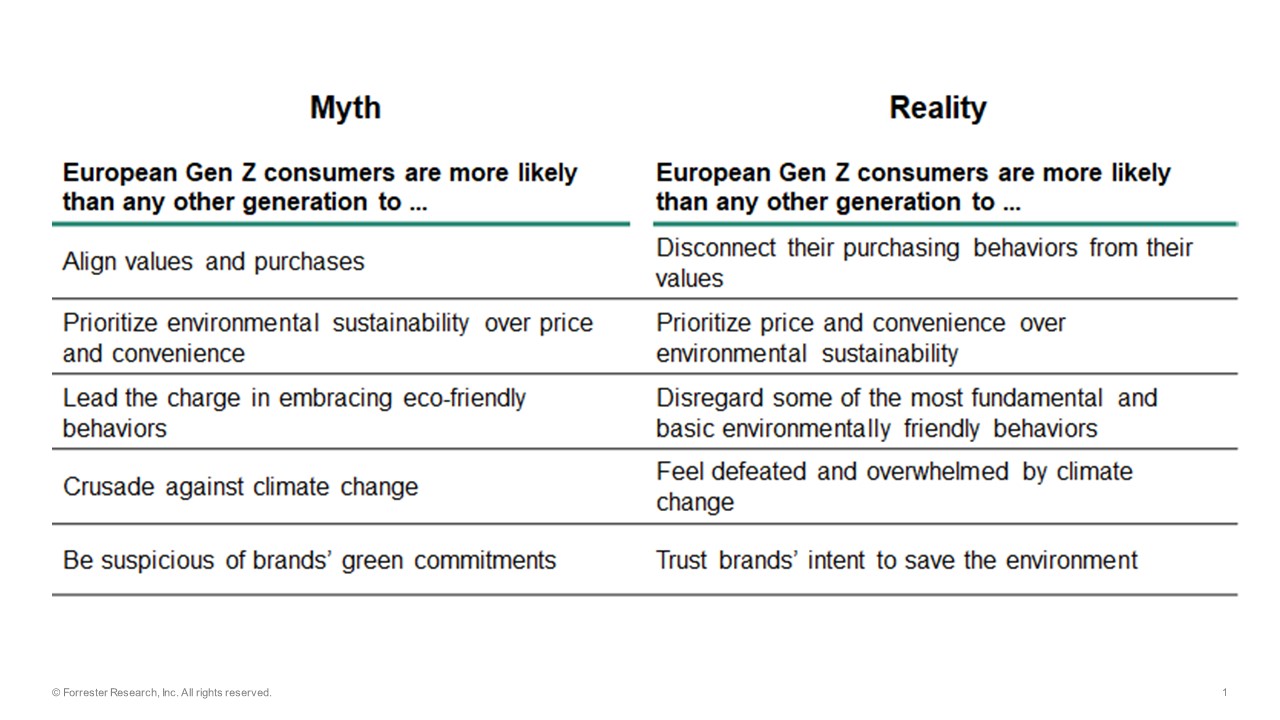
Introduction: The Cost of Forgetting
In an age where we can access the world’s knowledge in seconds, something critical is slipping through our fingers: our connection to the past. Are we raising a generation that doesn’t value the past? It’s not a rhetorical question—it’s a cultural crisis. Memory, tradition, and ancestral wisdom once grounded us. Today, that grounding feels looser than ever. The digital age moves fast, but what happens when speed replaces substance?
“A society that forgets its past loses its identity. A person who forgets their roots becomes unanchored.”
At Remin.site, we believe the past is not a burden—it’s a foundation. We exist to preserve your memories, values, and stories, ensuring they’re passed on. Because death isn’t the end; it’s the beginning of legacy.
A Fractured Link Between Past and Present
The disconnect between older and younger generations is no longer subtle. In fact, it’s becoming the norm. While previous generations learned family history at the dinner table or listened to tales from grandparents, today’s youth often interact more with algorithms than ancestors.
Social Media and Digital Amnesia
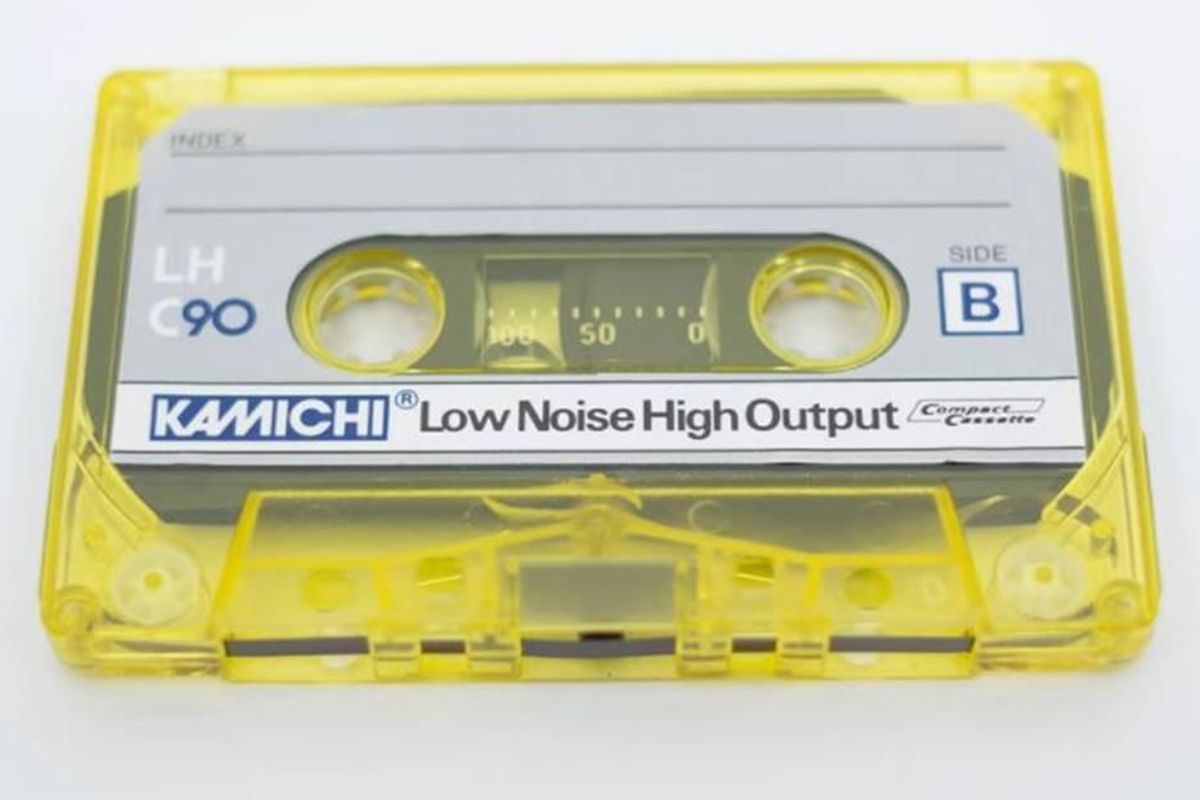
We scroll through endless feeds, consume viral content, and absorb news in 15-second videos. But what do we retain? The attention economy thrives on distraction. The downside? We’re cultivating what some experts call digital amnesia—a learned forgetfulness encouraged by convenience and hyperconnectivity.
- Family traditions become “cringe.”
- Historical lessons are “not relevant.”
- Personal stories fade in favor of trending topics.
This shift doesn’t just affect individual memory—it erodes cultural memory. According to a 2023 Forrester Report, many Gen Z individuals deeply value purpose but often lack deep roots in tradition, suggesting a values vacuum that technology alone can’t fill.
The Disappearing Role of Elders and Storytelling
In traditional societies, elders were the keepers of collective wisdom. Their stories were more than entertainment—they were the curriculum of identity. Today, that function is fading. As families become more dispersed and schedules busier, intergenerational dialogue becomes less common.
From Ancestors to Algorithms
We’ve replaced real-time wisdom with real-time search. Children now ask Alexa or ChatGPT what their grandparents used to answer. While progress is not the enemy, substitution can be.
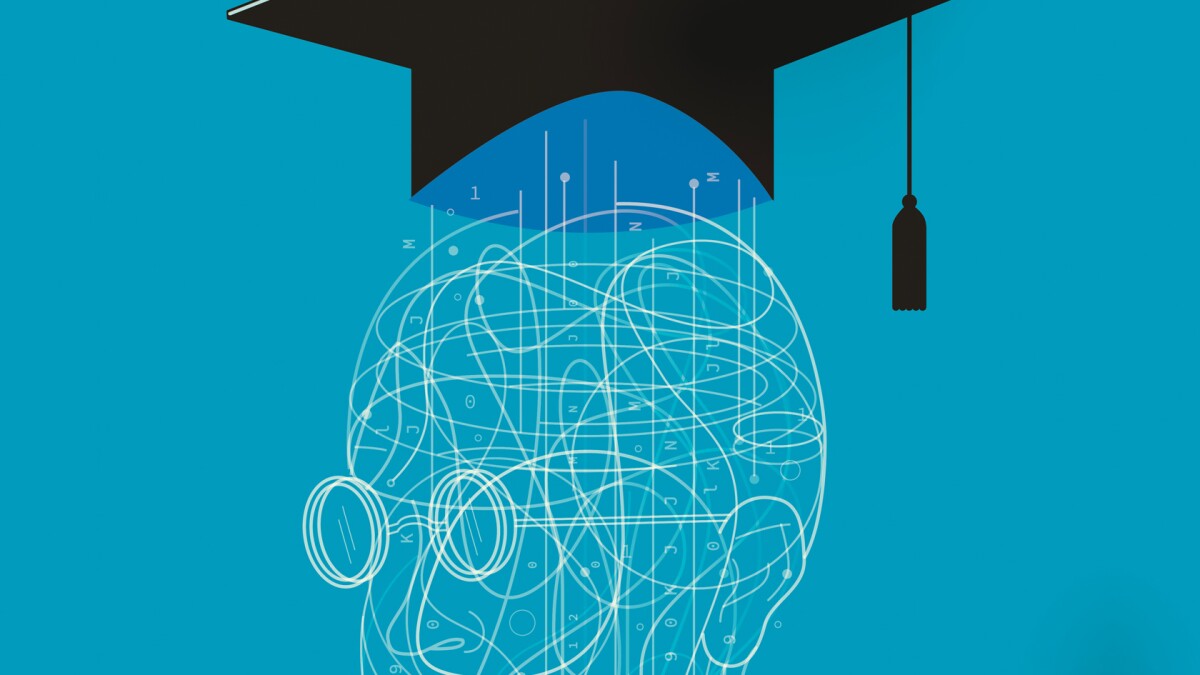
Artificial intelligence may be able to replicate information, but not the warmth, nuance, or intimacy of a lived story. Replacing memory with data strips away the emotional resonance that makes stories meaningful.
The Rise of Instant Culture
We’re living in what psychologists call an “instant gratification culture.” This affects not just how we consume, but how we think—and remember. Long-term value systems are being sacrificed for short-term dopamine hits. A 2023 report on value creation notes that meaning and depth are increasingly rare in digital interactions, as younger audiences seek surface-level connection over sustained insight.
Here’s what we’re losing in the process:
- Context: Knowing how we got here helps us navigate where we’re going.
- Continuity: Traditions offer emotional stability and identity.
- Wisdom: Life lessons aren’t found in swipeable content—they’re earned and shared.
When we dismiss the past, we disconnect from the very things that make us human. But this is not irreversible.
Education and Historical Awareness
One major contributor to this issue is how we educate. History, once a pillar of learning, is now often viewed as optional or unimportant. Students can graduate knowing how to code, but not why World War I began. This imbalance is deeply concerning.
Curriculum Erosion: What Are We Teaching?
With an increasing emphasis on STEM and workforce readiness, the humanities—especially history—are being trimmed or marginalized. Historical awareness in youth is at an all-time low, and that’s not just a trivia problem. It’s a danger to civic engagement, empathy, and cultural grounding.
Studies show that when youth lack knowledge of their country’s or family’s past, they’re more likely to feel disconnected, uncertain, and indifferent to communal responsibility. Without historical anchors, identity becomes shallow.
In the second half of this article, we’ll explore solutions—ways to restore memory, rebuild dialogue, and raise a generation that remembers where it came from. Because the future isn’t just built forward—it’s built backward, too.
# Are We Raising a Generation That Doesn’t Value the Past?

Introduction: The Cost of Forgetting
In a time when almost everything is recorded, shared, and stored in the cloud, it’s ironic that we’re becoming a generation that doesn’t value the past. Stories that once defined who we are—where we come from, what our families overcame, and why certain traditions exist—are vanishing into the noise of social media and instant gratification.
At Remin.site, we believe memory is not nostalgia—it’s legacy. The Remin is a project where your memories, ideas, and life assets are preserved and passed forward, because death is not the end—it’s the beginning. Yet increasingly, younger generations are turning their backs on history, viewing it as irrelevant, slow, or even burdensome.
“When the past is erased, the future becomes a blank page—one easily rewritten.”
A Fractured Link Between Past and Present
There was a time when history lived in every home: in family photos, handwritten letters, heirlooms, and dinner table stories. But today, the average teenager is more likely to interact with a TikTok trend than an elder’s wisdom. The bond that once tied generations together is quietly eroding.
Social Media and Digital Amnesia

It’s not just that attention spans are shrinking—it’s that we’re remembering less. Studies show that people increasingly outsource their memory to devices, leading to what’s called digital amnesia. When your phone remembers everything for you, why make the effort to recall your grandfather’s war story or your family’s migration journey?
In a recent Forrester study, researchers found that although Gen Z is deeply value-driven, many lack grounding in tradition and historical perspective. They’re shaped more by what’s viral than what’s valuable.
Consider what’s being lost:
- Family traditions are dismissed as outdated.
- Cultural practices are rebranded as inconvenient.
- Historical lessons are forgotten until they repeat themselves.
“We are drowning in information but starving for wisdom.”
The Disappearing Role of Elders and Storytelling
Across cultures, elders were once revered as keepers of memory—they didn’t just tell stories; they told us who we were. But today, fewer young people sit long enough to listen.
From Ancestors to Algorithms

We now ask Alexa instead of our grandparents. Search engines are our sages. But while tech gives us access to facts, it doesn’t offer the emotion, nuance, or context that storytelling carries.
What we’re replacing real memory with:
- Instant answers over reflective conversations
- Data points instead of personal anecdotes
- Archived content instead of lived experience
Memory without emotion is data. And data doesn’t build identity.
The Rise of Instant Culture
We live in an economy of speed—swipe, skip, share. But speed kills depth, and depth is where memory lives.
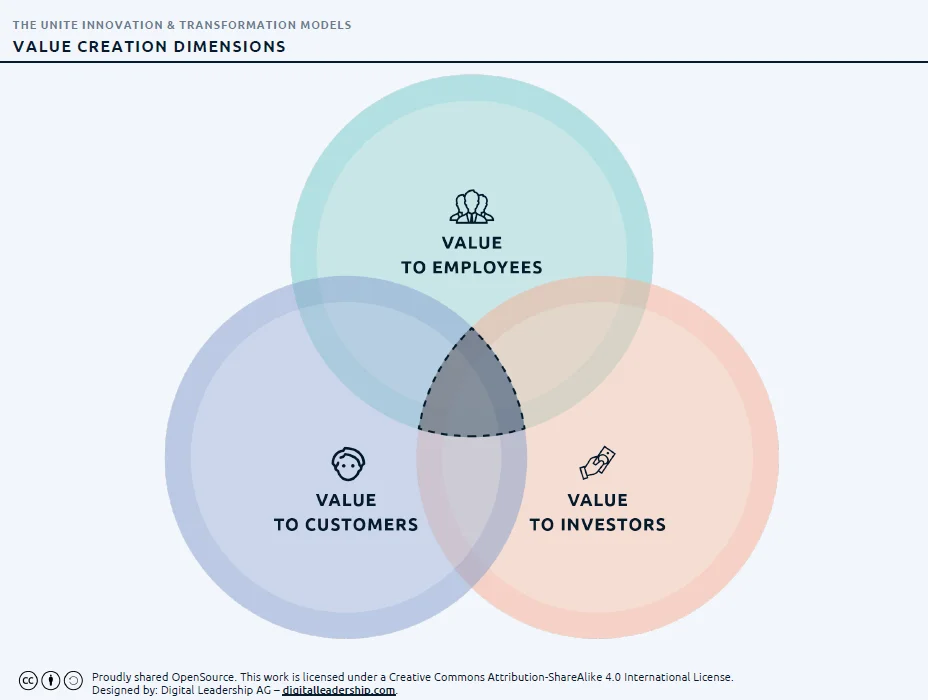
According to Digital Leadership, younger generations increasingly base decisions on immediate ROI—return on investment—rather than return on meaning. Legacy-building becomes less compelling when everything is measured in views and clicks.
This has broader cultural implications:
- We forget slower stories: Traditions passed through generations
- We ignore context: Failing to understand where values originated
- We discard resilience: Lessons in endurance that only history teaches
Education and Historical Awareness
Another quiet culprit? The classroom. While STEM fields dominate education policy, history and humanities are being sidelined.
Curriculum Erosion: What Are We Teaching?
In many schools, historical awareness in youth is declining. Students know how to code, but not the causes of the Cold War. They can name influencers, but not inventors.
This isn’t just about memorizing dates. It’s about understanding how systems, cultures, and people evolve—and how your life fits into that tapestry.
“To know yourself, you must first know your people. And to know your people, you must know their story.”
In the next half of this article, we’ll explore how to rebuild that connection—how to make remembering cool again, and how platforms like Remin.site are making it possible to preserve and pass on what truly matters.
